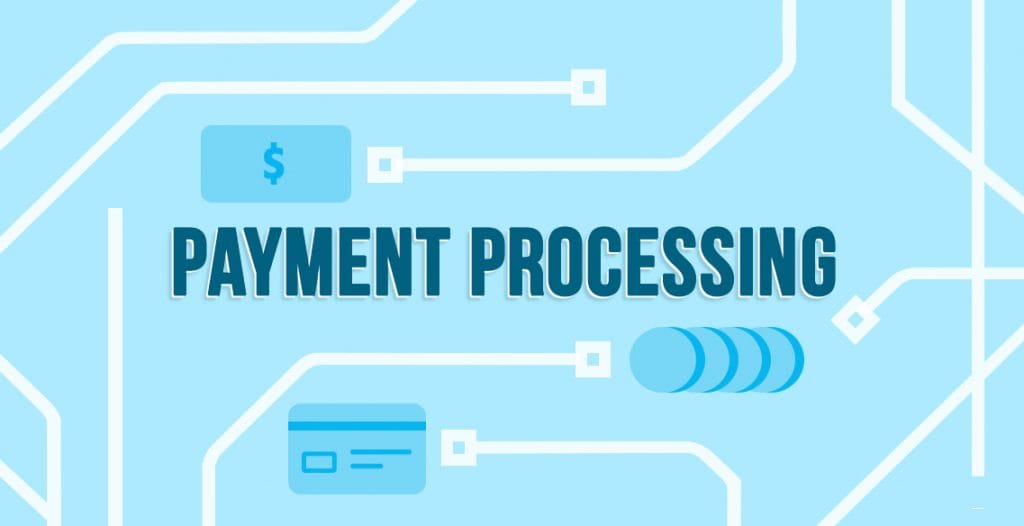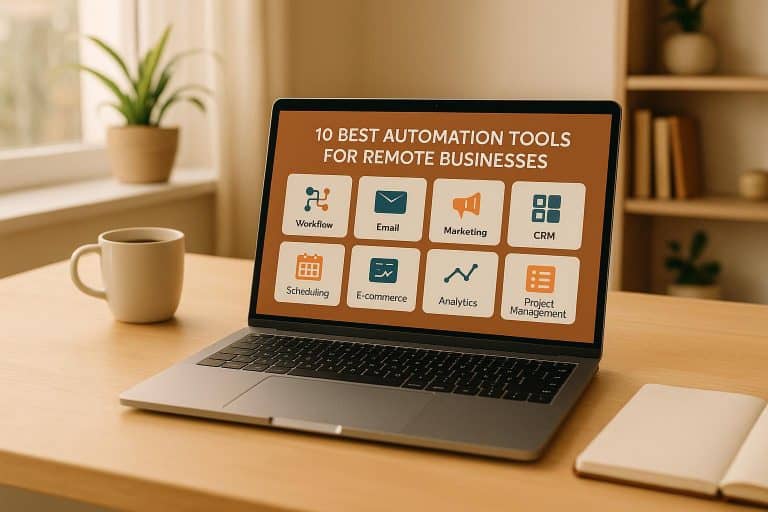How can you set up your business to receive payments from anywhere globally? It’s one of the best feelings in the world to get paid for provided services, and entrepreneurs must learn the process.
Setting up your business to receive payments makes tracking everything more straightforward, especially during tax periods. Getting an Employer Identification Number (EIN) is also a step in the right direction.
Are you considering a startup but don’t know how to set up your business to receive payments? Join us as we discuss the strategies to improve your knowledge. Let’s get started.
Set up Your Business to Receive Payments: How to Do it.
Your first steps are setting up the business properly, getting an Employer Identification Number (EIN), and opening a business bank account. Establishing the firm to receive payments through a third-party and having a system that meets state requirements is also essential. Let’s dig into the details:
1. Set Up Your Business
Your first step to receiving payments for any organization is setting up the business properly. You can earn money for your online company formation as a sole proprietor since the entity can get a Doing Business As (DBA). But your clients must send you a check or use an online processor.
However, setting up the business properly and filing the articles of organization is essential when running a limited liability company or corporation. When handling necessary paperwork, consider working with an experienced attorney or certified public accountant.
Conduct thorough research about setting up a company online, follow the proper procedures, and choose the right structure. Although you can change the business type later, you don’t want to spend costs forming the wrong entity.
Ensure all information are accurate, especially if your C-Corp, LLC or S-Corp has partners, shareholders, or board members.
2. Get an EIN
After setting up the business properly, obtaining your Employer Identification Number (EIN) is the next step. It’s a unique nine-digit combination assigned to every organization in the United States. You can get it online through the Internal Revenue Service (IRS).
Another excellent way to get an EIN is by filing the SS-4 Form via mail, but the process can take some time. However, getting this information is essential for every company, especially when opening a business bank account.
Your employer identification number is crucial for receiving payments through an online processor like PayPal. It’s helpful when filling out tax information, helping your business get money for provided services globally.
3. Open a Business Bank Account
When you start receiving payments, consider having a secure location to store them. Opening a business bank account makes the process easier as it ensures seamless customer transactions.
Whether new or experienced business owners, register your business online and separate the company and personal accounts. Furthermore, it makes record-keeping more effortless, allowing you to manage everything seamlessly when sharing profit annually or during the tax period.
The business bank account is the best place to receive income for your company. Shareholders or members with financial access can purchase for organizational purposes through this channel.
4. Set Up to Accept Payments via Third-Parties
Accepting multiple payment methods is crucial for businesses to set up your business to receive payments and reach customers in different regions. Furthermore, clients have individual preferences, and accommodating a third-party processor could greatly benefit the company.
An excellent option is establishing a merchant account with a card processor or accepting payments through PayPal and other online banking institutions. You’ll find most with lower rates and charges for business transactions.
Processors like PayAnywhere and Square can also help your business accept physical credit cards via mobile. Besides, it’s helpful if you’re selling physical items in person.
Remember that your company formation online can also accept payments via ACH transfer or use person-to-person applications like Venmo. Lastly, consider adopting a strategy to receive payments for your company.
5. State Business Requirements
It’s essential to know the business requirements of each jurisdiction before setting up to receive payment. Consider visiting your Secretary of State to obtain all necessary information to protect your brand reputation.
Remember to file a report with your Secretary of State annually. Most times, it’s about receiving updated information about the business rules and regulations. Some states require you to pay a renewal fee yearly, so check the requirements and ensure everything is done to avoid pitfalls. It’s also best to consult an attorney before embarking on the journey.
6. Develop a System
Although most people don’t like setting up a separate bank account for business payments, it’s vital as the company grows. You could transfer funds to your personal account, making it an excellent flow system.
This system keeps you on top of the situation by tracking business expenses, helping you prepare accurate reports for the internal revenue service.
Keep your personal and business accounts separate, and create a plan for receiving payments for the company. Then, you can manage the organization’s income and expenses seamlessly with your marketing strategies.
Set Up your Business to Receive Payments with Ease
Consider thinking about your customers after learning how to set up your business to receive payments from anywhere globally. Working with third-party companies to accept multiple payment methods across various regions is a good idea.
Meeting state requirements and following proper procedures or guidelines will help avoid legal pitfalls. Remember to stay updated by getting all necessary information from your Secretary of State.








